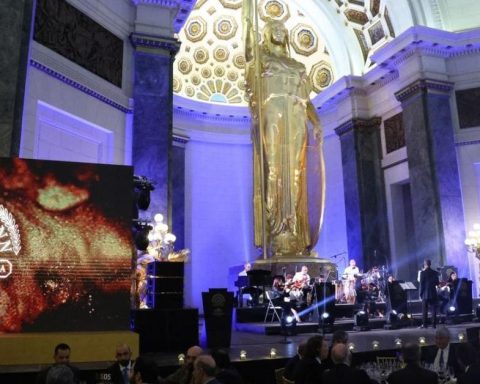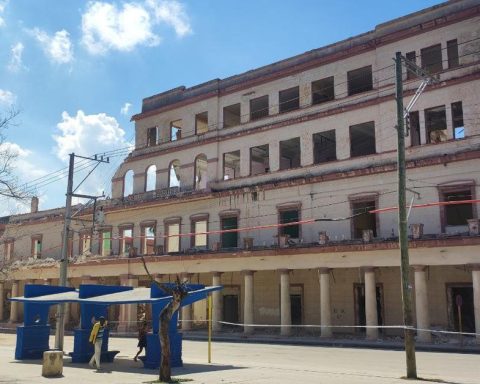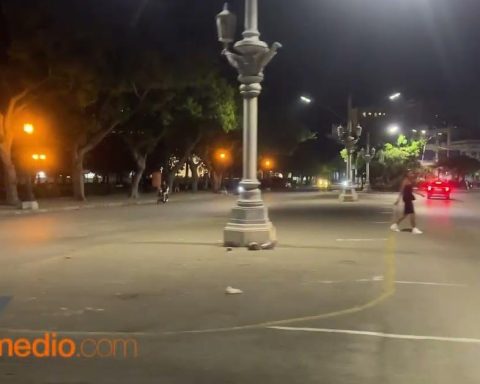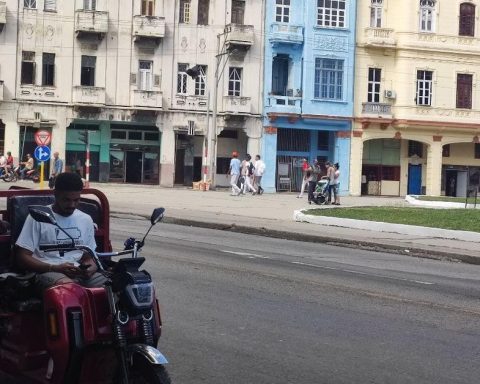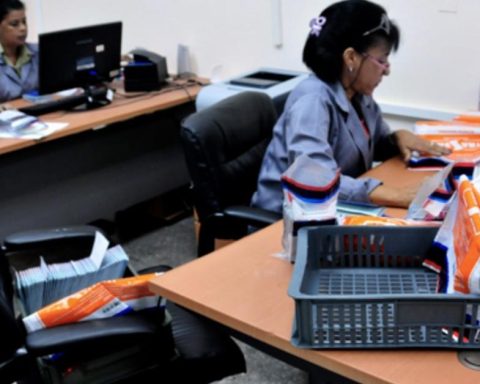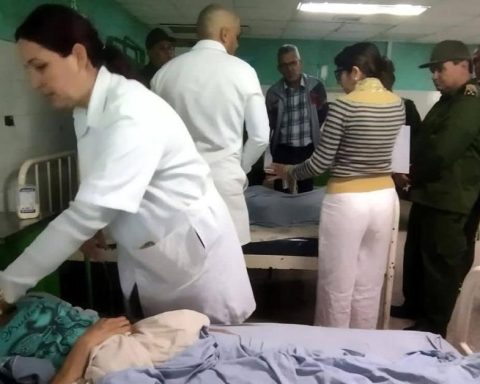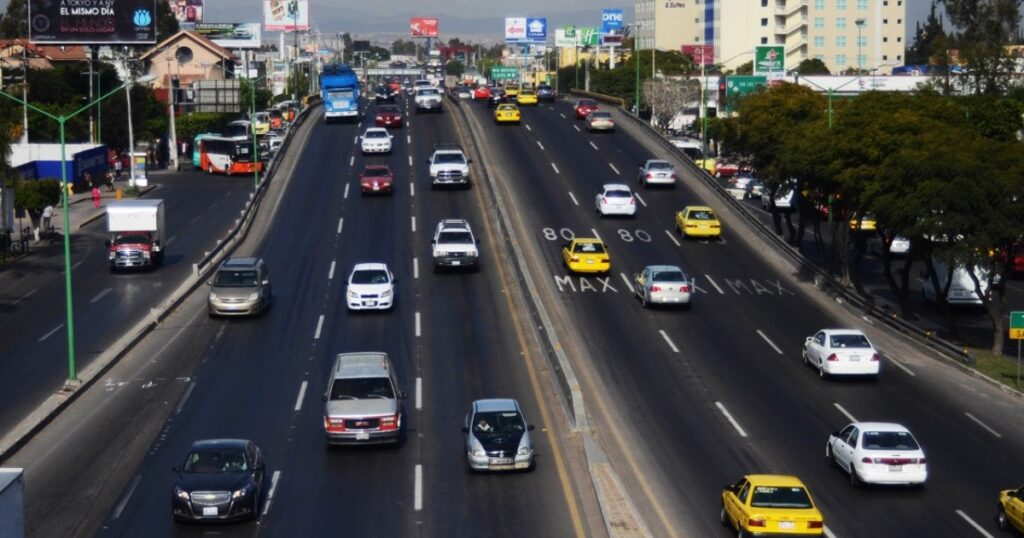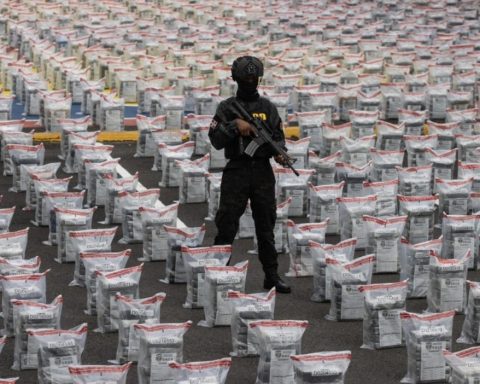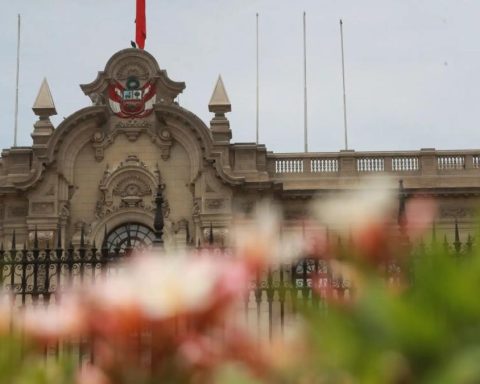The dispute over the Presidency of the so-called fifth power of the State reached its maximum intensity and left examples of the desire to achieve the position.
What happened on February 9, 2022?
At 06:00, the National Police surrounded the headquarters of Council for Citizen Participation and Social Control, so that the four majority members: Hernán Ulloa, Ibeth Estupiñan, María Fernanda Rivadeneira and Francisco Bravo held sessions. This ended in removal by Sofia Almeida and David Rosero as president and vice president of the organization, respectively.
Most Accusedor to Almeida of having suspended sessions arbitrarily and not to expose or socialize the information total of the documentation of the processes of designation of authorities with the Council.
While Almeida denounced that there is an attempt to take over ‘assault’ the position and with this designate the new authorities ‘by finger’. She alleged that the mechanism with which she was removed from office is “unconstitutional”.
The law would support what was done
According to the lawyer Ishmael Quintanathe process that removed Almeida from the presidency of the Cpccs would not violate any constitutional normbecause the grounds for cessation, both of the position of president and vice president of the Citizen Participation Council “are not detailed in the Constitution”.
Quintana explained that this February 9, 2022, it happened that the majority members applied the Art. 55, section 5, of the Organic Administrative Codeto remove the representation of the collegiate body. That means that Sofía Almeida and David Rosero were dismissed from their positions as president and vice president of the organism, but not of its counselor positions.
The lawyer pointed out that this would be based on one of the “oldest” principles of public and administrative law that expresses that the collegiate bodies, in this case the Cpccs, can choose in majority to their representativesbut also remove them.
Who is behind the fight?
in the blue corner
Sofía Almeida assumed the Presidency of the Participation Council on October 16, 2020, after the departure of Christian Cruz, accused of fraudulently obtaining a disability card.
The counselor She is the daughter of assemblyman and former deputy Luis Almeida Morán.of the Christian Social Party. In principle, Sofía Almeida handled the reins of the Cpccs so she had in her favor a majority made up of David Rosero, Javier Dávalos and Ibeth Estupiñán.
Until January 6, 2022, Counselor Estupiñán departed from the official majority by supporting the approval of the regulation to elect the Superintendent of Companies.
Currently, in the National Assembly, the coalition of Pachakutik, the Christian Social Party and the National Union for Hope (UNES) promotes a political trial against the new majority. This order has 74 endorsement signatures.
Lawmakers accuse them of having modified the regulations to elect the new Comptroller General of the State. Likewise, due to the alleged existence of some audios where one of the members of the Cpccs would have talked with one of the possible candidates for the position.
in the red corner
According to Quintana, the signs of the police presence in the Council for Citizen Participation and Social Control, this February 9, 2022, and notification from the Ministry of Labor where Hernán Ulloa is recognized and accredited as president of the organization, “invites to speculate” the interest of the National Government in the institution.
At a press conference, the assembly members of the tripartite coalition announced that they will call the Plenary of the Legislature to Minister of Government, the leadership of the National Police and the 4 members. They affirmed that this request “does not defend people or flags, but the country’s democracy.” Currently the process is in the hands of the CAL.
The importance of getting to work
The head of the Cpccs has the power to define the agenda of the plenary sessions and introduce the regulations of the contests into debate, as well as accelerate or slow them down.
The Cpccs is in charge of the appointment of the Prosecutor, Comptroller, Prosecutor, Judicial Council, Ombudsman, superintendents, National Electoral Council and Contentious Electoral Tribunal.
That is, it designates all the people who have the power to supervise the public power and manage the elections; that is its power.
The counselor, Francisco Bravodid a ‘clean’ with medicinal herbs in the seat that Hernán Ulloa will occupy in the presidency, to remove the ‘bad energies’.
▶️#ATTENTION With herbs they made a kind of “clean” to the seat that will be used by the designated president of the Citizen Participation Council, Hernán Ulloa. ???????? pic.twitter.com/YLQkFylpmo
– Immediate Ecuador (@ecuainm_oficial) February 9, 2022
When Almeida arrived at the organism and managed to pass, there were screams and fights among the members for the office of the Presidency.
Today we witnessed an assault on the facilities and the presidency of the @CpccsEc. Shadowy interests seek to handle the appointment of authorities.
We will not allow it! pic.twitter.com/vmmaLPgggk
– Sofia Almeida Fuentes (@SofiaAlmeidaEc) February 9, 2022
Likewise, they remained until dawn guarding the samecovering himself with his cell phone so as not to cross glances.
On the morning of this February 10, 2022, Sofía Almeida gave a press conference where she stated that the same judge from Samborondón, declared null and void all actions or decisions that may take place to validate his dismissal. He assured that he will present legal actions in front of the four advisers.
What is the Council for Citizen Participation and Social Control?
The main objective of the Council is the appointment of authorities. It does this through 4 legal channels: citizen selection commissions, short lists presented by the Executive, short lists sent by State functions and institutions, and through a Qualifying Commission.
He is responsible for choose the owners of: the Ombudsman’s Office, Public Defender’s Office, Prosecutor’s Office, Comptroller’s Office, National Electoral Council, Contentious Electoral Tribunal, State Attorney General’s Office, Superintendents, judges of the Constitutional Court and members of the Judicial Council. That is to say, all public positions that manage, supervise and control the country in different sectors.
It was created by the Constituent Assembly of Montecristi in 2008, in the government of Rafael Correa and since its installation it has been strongly criticized by analysts and politicians. This is because it is believed that it has been co-opted by partisan political forces.
In 2023, it is expected that Ecuadorians decide the fate of this organism; Therefore, the names that will occupy the position of Citizen Participation directors will have to be chosen by popular vote.

